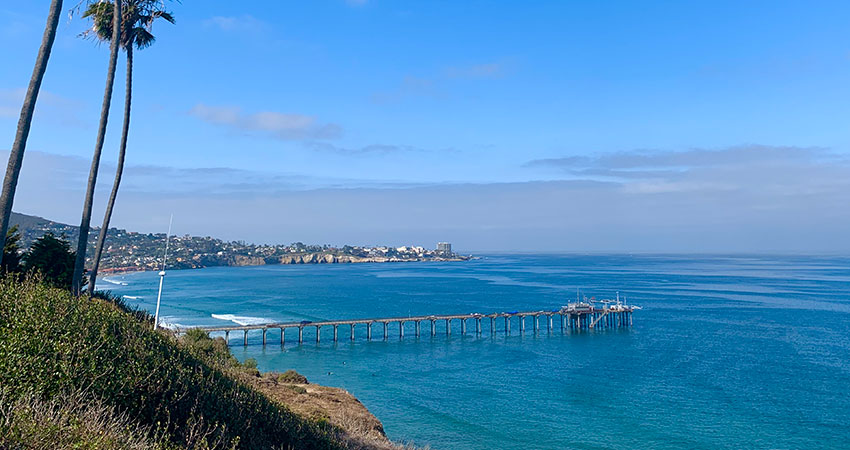Western Society of Naturalists (WSN) 2025 Conference

The Western Society of Naturalists (WSN) is a scientific society with a strong focus on ecology, evolution, natural history, and marine biology. Its membership is primarily concentrated on the west coast of North America, though many members have spread far and wide. The main activity of the society is the annual meeting, held in November.
California Sea Grant is a sponsor of the 106th Annual Meeting, which will be held in San Diego, CA from Nov 6-9, 2025 at the DoubleTree – San Diego-Mission Valley.
For a detailed overview of the meeting schedule, visit the WSN website.
